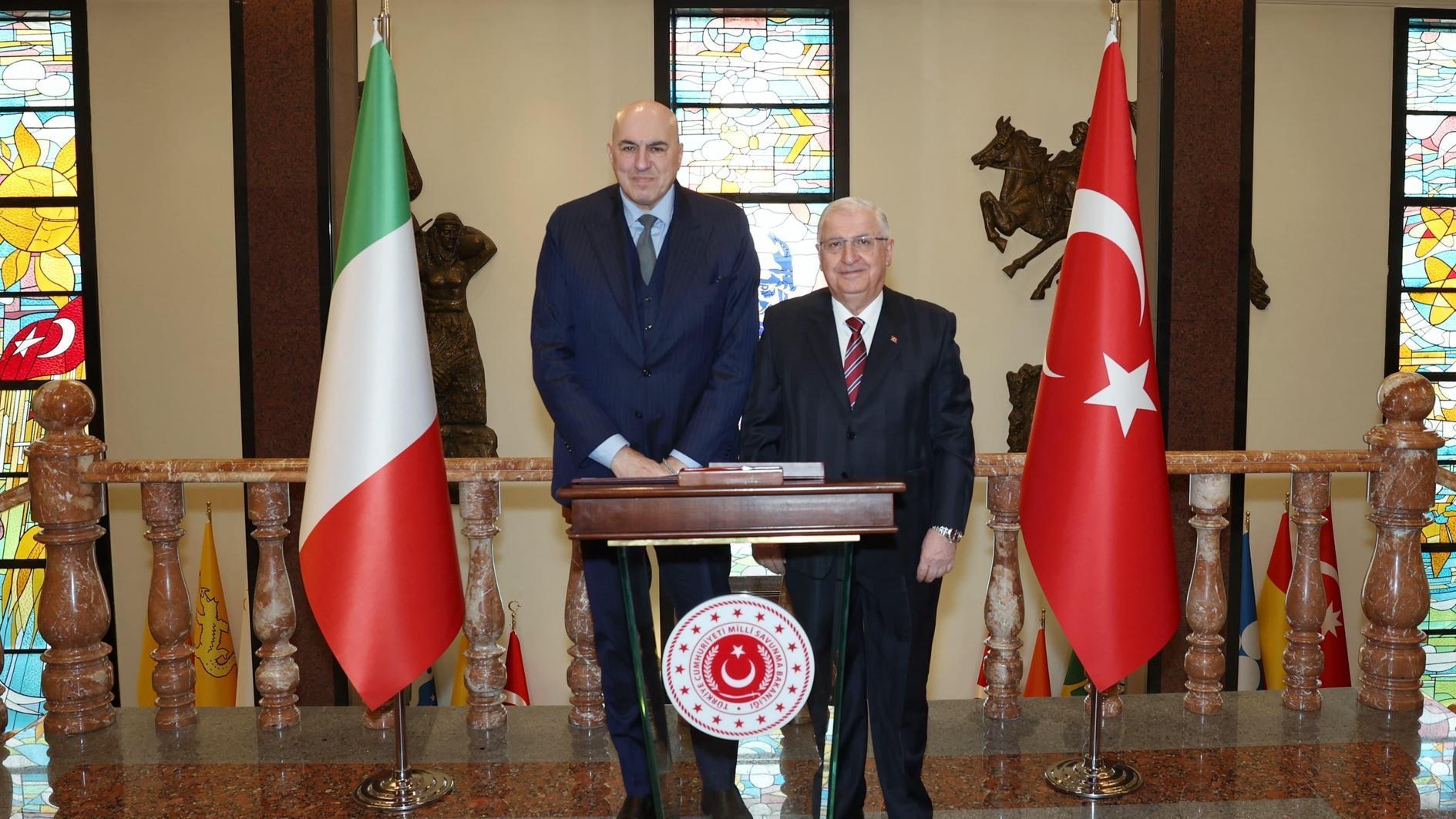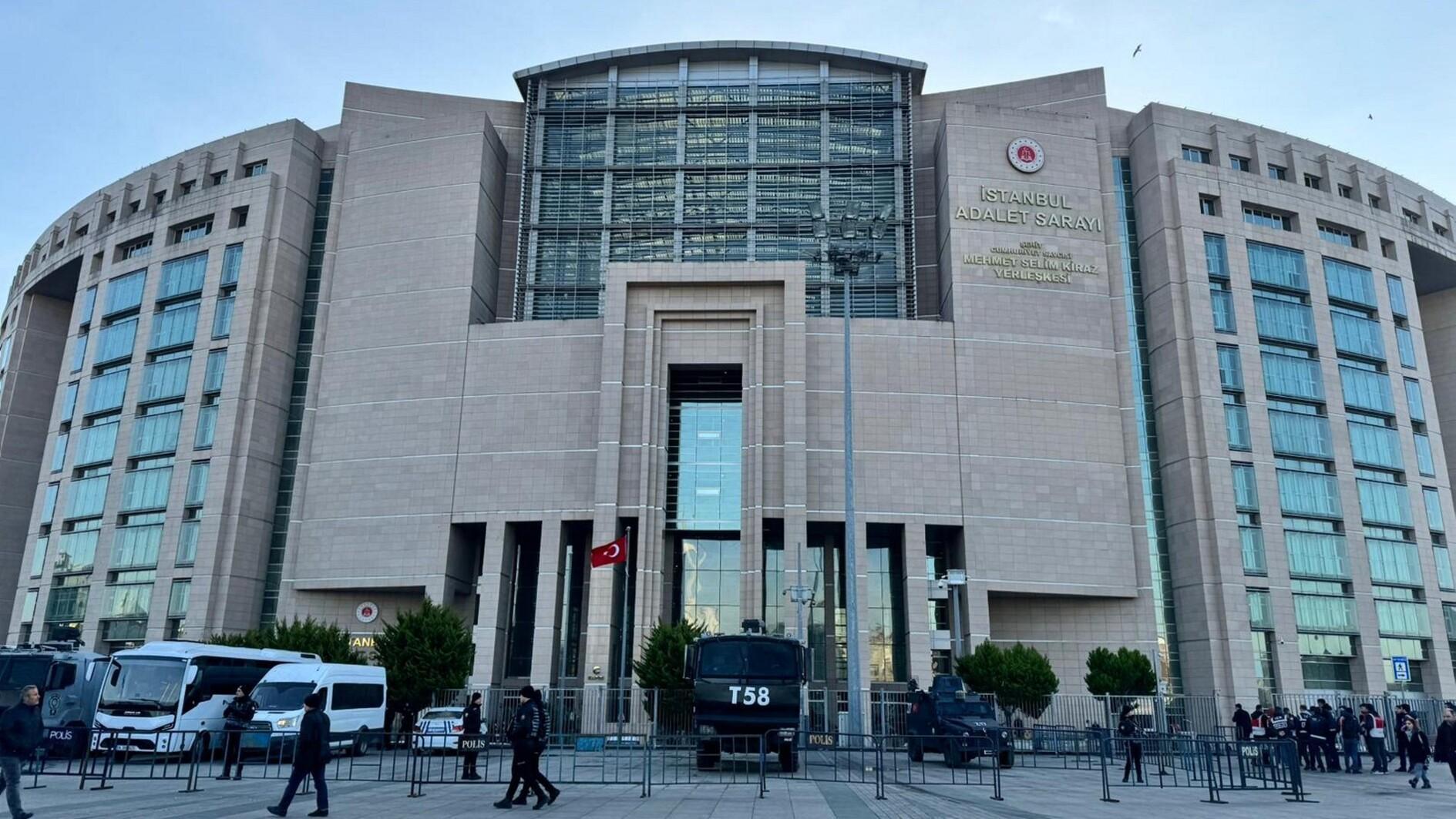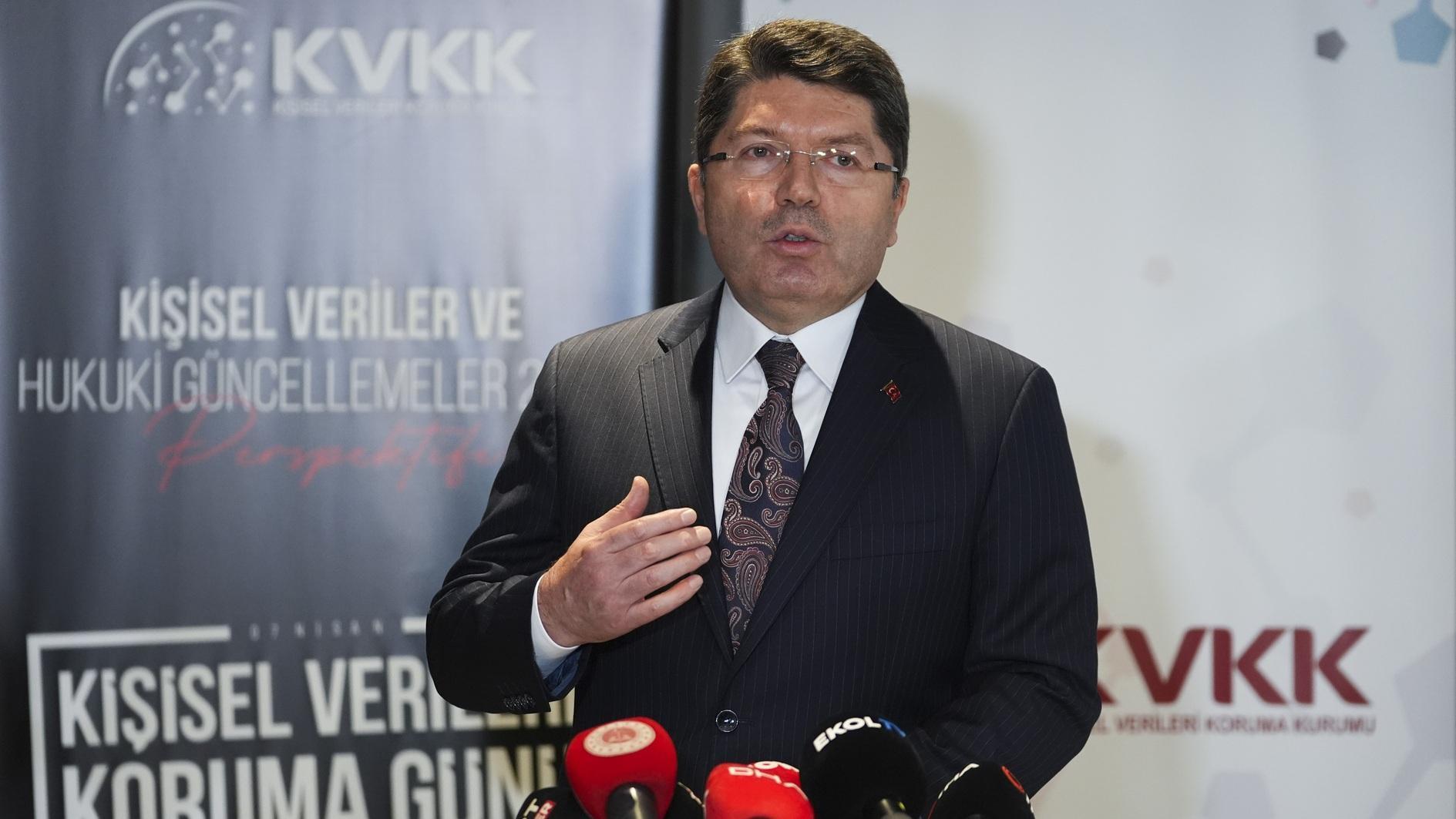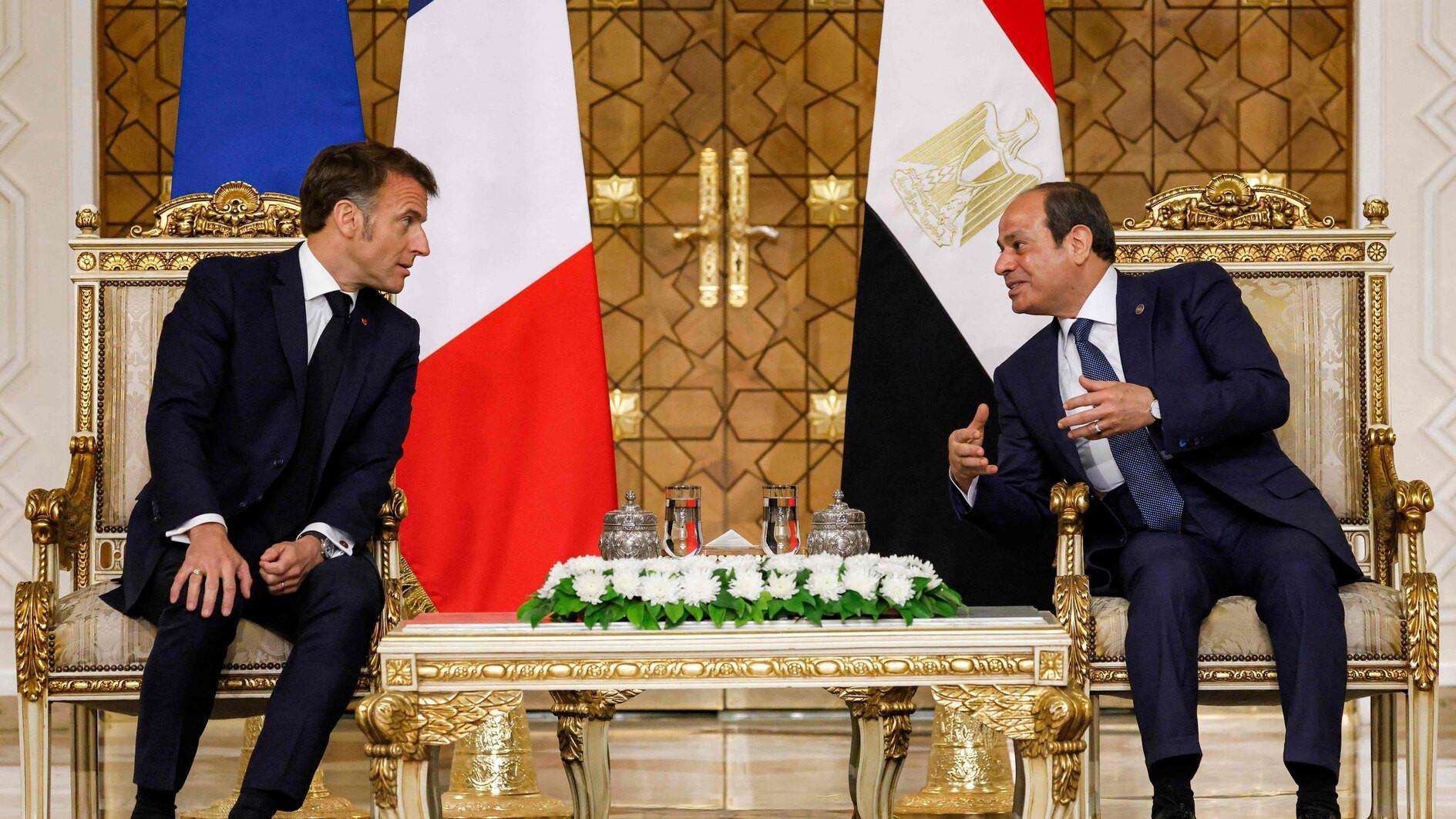Turkish inflation hits 14-year high, lira slides
ANKARA

Annual inflation in Turkey surged to over 15 percent in June for the first time in almost one-and-a-half decades, according to official data, driving the embattled Turkish currency down amid a vicious circle of a weakening lira and rising inflation.
The consumer price index (CPI) climbed 15.4 percent in June from the same month in 2017 on an annual basis, up from 12.2 percent in May, which was higher than estimates, data from the Turkish Statistical Institute (TÜİK) showed on July 3.
This was the highest headline rate since 2004 after a new method of calculating price rises was introduced. Core CPI inflation, which excludes volatile food and energy prices, was 14.60 percent year-on-year. The month-on-month CPI inflation leapt to 2.61 percent, almost double forecasts.
Deputy Prime Minister Mehmet Şimşek said a soft landing in economy was possible and economic problems can be overcome.
Problems such as inflation and current account deficit might be totally overcome with a middle range perspective” he said in a tweet on July 3, after the release of the inflation data.
“[This] would strengthen the new government policy set [monetary, financial – macro-precautionary] further, continue the balancing that started with the economy, prioritize structural reforms. A soft landing is possible with foreign sources," he added.
The highest year-on-year price increase was in transportation costs, which were up 24.3 percent, according to TÜİK data. Furnishing and household equipment rose 18.91 percent, while food and non-alcoholic beverage prices rose 18.9 percent.
The highest monthly increase was 5.98 percent in food and non-alcoholic beverages, followed by communication by 4.76 percent and transportation by 2.66 percent.
The data added further pressure on the lira, which has lost nearly 20 percent in value against the dollar this year.
It lost around 0.95 percent in value to trade at 4.67 against U.S. dollar early on July 3 after the release of the inflation data.
Markets have been waiting to see who President Recep Tayyip Erdoğan will name as his main economic policymakers in an indication of what policies will be pursued in the new term.
The Turkish Central Bank has raised its main policy rates by 500 basis points since April in an effort to arrest the fall in the lira this year, despite Erdoğan’s opposition to higher rates. Its monetary policy committee is due to meet again on July 24.
“The market is priced for further hikes,” said Nomura Emerging Markets strategist Henrik Gullberg, as quoted by Reuters.
“The central bank needs to break this vicious circle where currency weakness is feeding into higher inflation but then an inadequate central bank response is then feeding more currency weakness. They have been reactive whereas what they need to do is be pre-emptive. They need to hike rates aggressively,” Gullberg added.
Jason Tuvey, senior emerging markets economist at London-based Capital Economics, told AFP that the extent of the rise in inflation was “likely to be enough to prompt a reaction from the Central Bank.”
He said that after the election “positive noises” had been detected from Erdoğan advisers “that the Central Bank will be allowed to tackle high inflation.”
Meanwhile, according to a separate TÜİK announcement, producer prices (PPI) were also up 23.71 percent in June on a yearly basis.
















